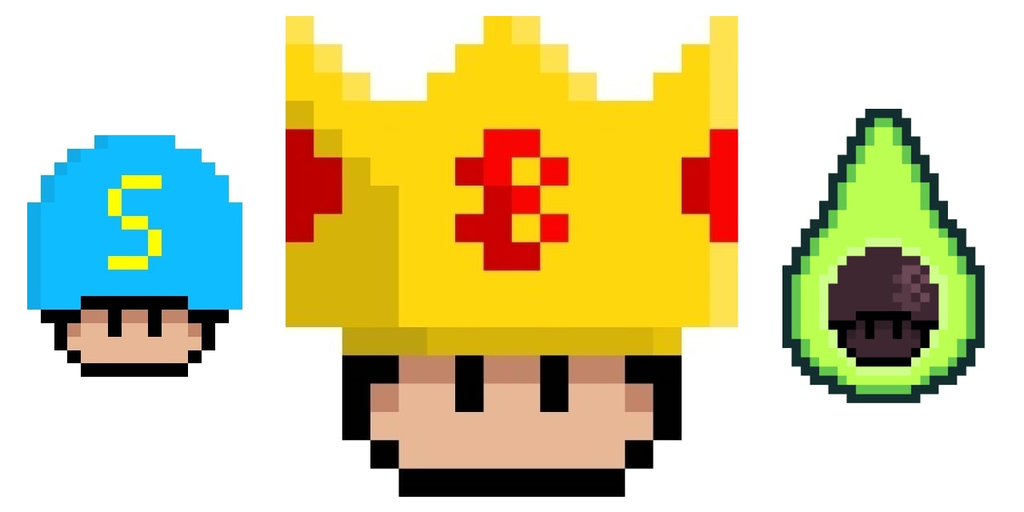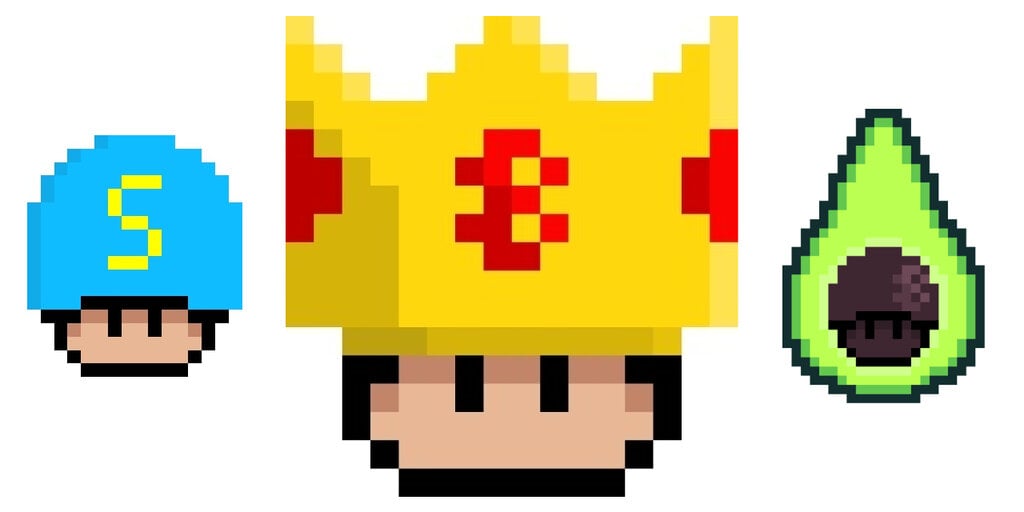
Sotheby’s is to sell a Bitcoin Ordinals collection in a first for the 279-year-old auction house.
The sale of pieces from BitcoinShrooms, an ordinals project by pseudonymous artist Shroomtoshi, is the first time works from the collection will be made available to the public, Sotheby’s said.
The collection consists of a series of pixel art pieces that reference Bitcoin’s history and underlying principles, including memes and technical concepts. In a statement, ShroomToshi called the collection a “pixelated recap” of Bitcoin’s 13-year history that serves as a “tool to raise awareness” about Bitcoin and its core principles, while critiquing its “annoying pop elements and aberrations.”
Describing Shroomtoshi as a “trailblazing figure in the Ordinal ecosystem,” Sotheby’s head of digital art Michael Bouhanna said that the digital art collection “captures the cryptocurrency zeitgeist through nostalgic and hyper-referential modes.”
“Shroomtoshi operates in subtle mystery in the vein of Satoshi Nakamoto’s mystique, aiming to educate and inspire appreciation for the cultural and technological revolution of Bitcoin,” Bouhanna added.
Three pieces from the collection are currently on sale: “S,” a Shroom sporting the letter S on its head, short for “self-sovereignty,” “The Sovereign Individual,” a Shroom that references the 1998 book by William Rees-Mogg and James Dale Davidson, and “BIP39 Seed,” an avocado seed character named for the cryptographic standard for generating seed phrases.
The prices for each artwork are set at $20,000 to $30,000, with Sotheby’s also accepting bids in crypto. The auction ends on December 13 at 12pm EST.
What are Bitcoin Ordinals?
Bitcoin Ordinals are a type of unique digital asset inscribed on a satoshi, the lowest denomination of a Bitcoin. Akin to a non-fungible token (NFT), they were developed following the Bitcoin network’s Taproot upgrade in November 2021.
Every satoshi is assigned a serial number according to the order in which it was mined, known as an ordinal; these ordinals can have additional content “inscribed” on them, such as text or an image. This process makes it possible to create unique digital assets similar to the NFTs found on blockchains such as Ethereum.
Ordinals have come in for criticism from some quarters of the Bitcoin fraternity, with critics arguing that they are “exploiting a vulnerability in Bitcoin Core to spam the blockchain,” and have caused transaction fees on Bitcoin to surge as a result of network congestion.








